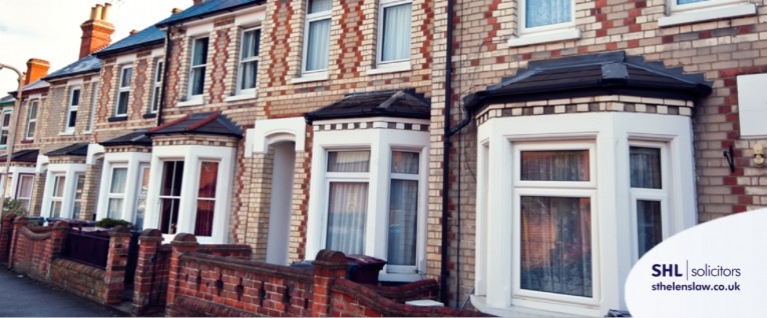No matter what the reasons are for renting a property, you should still expect the landlord to complete any repairs you need doing – quickly and efficiently.
And rest assured, these expectations are reasonable. Whereas you want to feel happy and safe in your home, your landlord is expected to be fair and proactive when it comes to caring for the infrastructure of the property and the comfort of the tenant.
As a rule, the tenancy agreement that you sign before moving into the property should outline who is responsible for what but, sometimes, it can be difficult to determine who is actually responsible for repairs or any arising issues in your rental property.
There are a number of areas that the landlord is unequivocally responsible for, including:
- non-functioning or unsafe heating system or boiler
- unsafe flooring or staircases
- leaking pipes or cracked toilets
- faulty electrics
- rising damp (occurs when moisture from the ground travels up through the walls by the capillary action) resulting in mould
- penetrating damp (occurs when water comes through an external wall into the property) also leading to mould
- infestation of vermin or insects
- loose tiles or brickwork
Legislation passed in 1985 still stands in 2022 when it comes to housing disrepair. Section 11 of the Housing Act, 1985 states that landlords are:
“Responsible for keeping the following in repair and proper working order: the structure and exterior of the dwelling and the building containing the dwelling (including drains, gutters and external pipes).”
And the Housing Act 1996 was introduced to “make provisions about the social rented sector, houses in multiple occupation, landlord and tenant matters, the administration of housing benefit, the conduct of tenants, the allocation of housing accommodation by local housing authorities and homelessness and for connected purposes.”
In addition to this legislation, the Housing Ombudsman Service – who are responsible for improving residents’ lives and landlords’ services through housing complaints – issued new guidance for landlords on disrepair claims and the complaints process, together with a report on damp and mould.
The report – known as the Spotlight report – identified concerns raised by landlords about the increase in disrepair claims from residents and effective complaint handling – being preferable to increasing disrepair claims – which may take longer or leave the issue unresolved. For full details click here.
The guidance aims to take each case on its own individual facts and circumstances. Click here for more information.
If you have repairs in your rented property that you’ve been asking your landlord to address for some time, then you may have a case to proceed with a housing disrepair claim.
It’s always advised to open the lines of communication with your landlord and ensure that you give them a decent length of time to arrange for the repairs to be undertaken. Of course, if the repairs are urgent, then this needs to be expressed.
If you’re not sure what to do, then at St Helens Law, we offer an initial, completely free 30-minute consultation, during which we will discuss your concerns with you. Before you decide whether you want to move forward with a housing disrepair claim, we will provide you with a written estimate of costs (we do not accept legal aid). More often than not, we can act as your legal counsel on a ‘no-win, no-fee’ basis – meaning there will be no legal costs to you as the claimant in the matter.
For more information and to book your initial consultation with one of our housing experts, you can call us on 01744 742360 or email us at info@sthelenslaw.co.uk.


